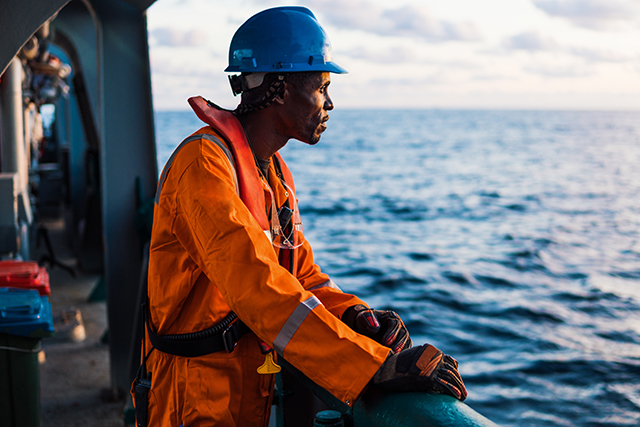Maritime industry sustainability initiatives have generally prioritised environmental issues, with limited focus on human rights. Yet human rights issues are germane across the entire lifecycle of a ship – from design, planning and ordering, through building and operation, to breaking/recycling. This briefing presents human rights risks that actors involved in ocean transport may face throughout a ship’s lifecycle and provides some good practice examples for shipping companies, operators, business customers and investors seeking to align with relevant international standards.
The briefing focuses in particular on cargo and bulk ocean transport, and draws on standards set out in the ILO Maritime Labour Convention (MLC), the UN Guiding Principles on Business and Human Rights (UNGPs), the UN Convention on the Law of the Sea and the Hong Kong Convention on the Recycling of Ships.
This briefing was originally published in 2019, and was updated in September 2022.





























The perception of ‘value’ needs to change if the World Bank’s mission is to succeed
Last week we attended the Spring Meetings of the World Bank and International Monetary Fund (IMF) in Washington, D.C. The annual IMF-World Bank meetings bring together finance ministers and central bankers from all regions as a platform for official...
26 April 2024 | Commentary
Commentary by Vasuki Shastry, Author, ESG/Strategic Communications Expert; International Advisory Council, IHRB Haley St. Dennis, Head of Just Transitions, IHRB